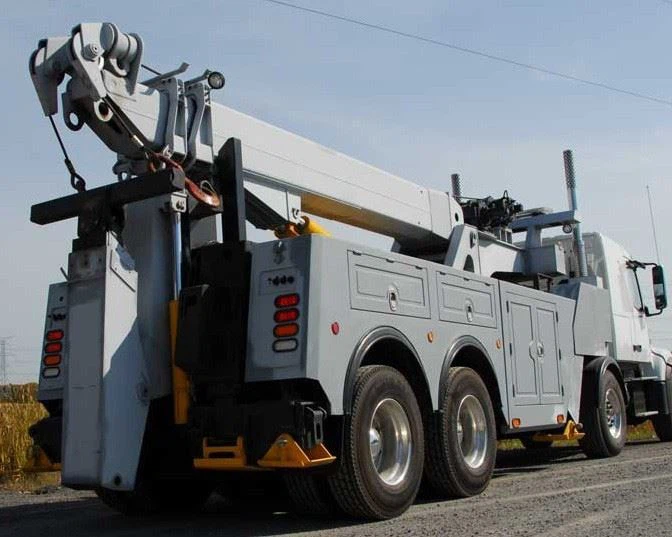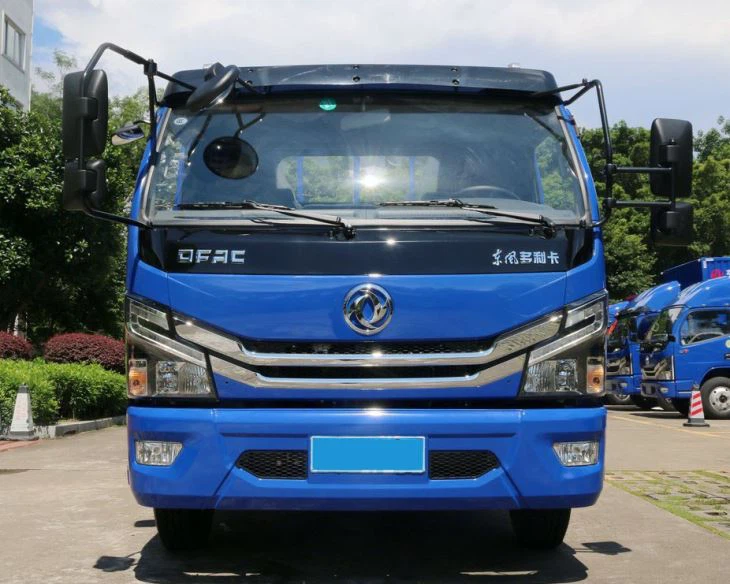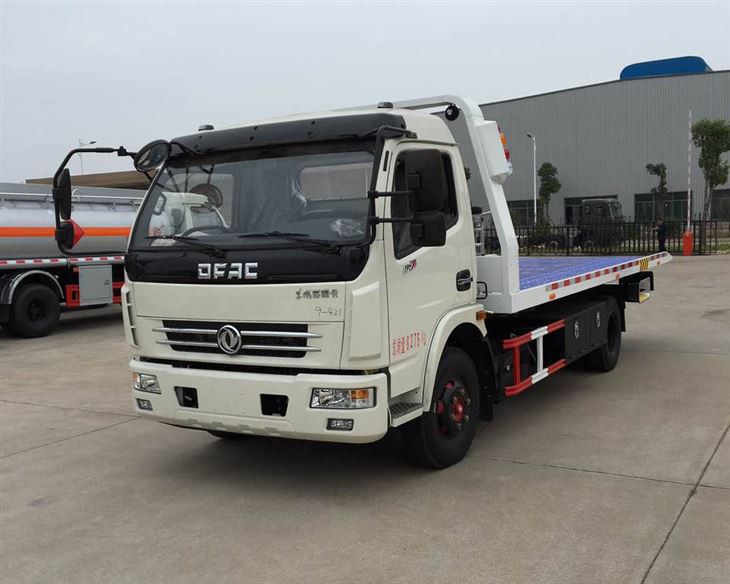Cement pump trucks are essential equipment in the construction industry, crucial for the timely and efficient delivery of concrete. As construction projects grow in complexity and scale, understanding the factors that influence the price of cement pump trucks becomes essential for contractors and project managers. This article will not only provide insights into cement pump truck prices but also guide you on what to consider when purchasing or renting these machines.
Understanding Cement Pump Trucks
Cement pump trucks, also known as concrete pump trucks, are specialized vehicles designed to transport and pump concrete from a ready-mix truck to the specific location needed at a construction site. They come in various sizes and configurations, making them versatile for different types of projects.
Types of Cement Pump Trucks
There are two main types of cement pump trucks:
- Boom Pumps: These trucks have a hydraulic arm that allows for efficient placing of concrete at great heights and distances, making them ideal for large-scale constructions.
- Line Pumps: These are more portable and cost-effective, suitable for smaller projects and tighter spaces where precision placement is required.
Key Components of a Cement Pump Truck
Understanding the components of a cement pump truck can help you grasp the pricing better. Key components include:
- Pump Mechanism: Responsible for pushing the concrete through the pipeline.
- Mixing Chamber: Where the concrete is mixed and prepared for pumping.
- Delivery Hose: Transfers the concrete from the truck to the designated site.
- Boom Arm: Found in boom pumps, this hydraulic arm allows for the placement of concrete at heights.
Factors Influencing Cement Pump Truck Prices
The price of a cement pump truck can vary significantly based on several factors. Here’s a detailed look at what influences these prices:
1. Type of Pump Truck
The type of pump truck directly affects the cost. Boom pumps generally cost more than line pumps due to their advanced technology and capability.
| Type of Pump | Price Range |
|---|---|
| Boom Pump | $150,000 – $500,000 |
| Line Pump | $40,000 – $150,000 |
2. Size and Capacity
The size and concrete delivery capacity of the pump can also influence its price. Larger capacity pumps often come with a higher price tag but can be more cost-effective for large projects.
3. Brand and Quality
High-end brands known for their durability and performance may charge premium prices. It’s essential to consider the manufacturer’s reputation and after-sales service when evaluating price.
4. New vs. Used
Purchasing a used cement pump truck can provide significant savings, but it’s crucial to evaluate its condition and maintenance history thoroughly.
5. Additional Features
Features such as remote control operation, various boom lengths, and material compatibility can also influence the overall price of the truck.
6. Regional Pricing Variations
The cost of cement pump trucks can vary by region due to factors like demand, transportation costs, and local market conditions.
Practical Examples and Tips for Purchasing a Cement Pump Truck
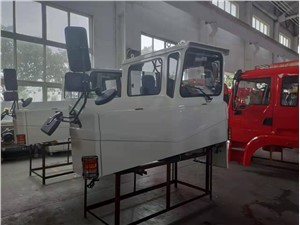
1. Compare Multiple Vendors
Before making a purchase, compare prices from multiple manufacturers and dealers. Gather quotes and assess value rather than just focusing on price.
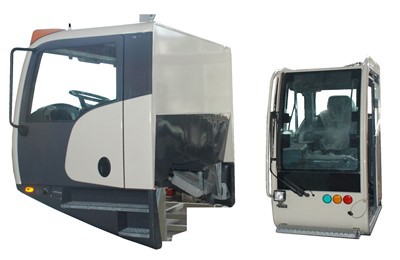
2. Assess Your Project Needs
Evaluate the specific requirements of your projects to determine the right type and size of the pump truck. For instance, small residential projects may only require a line pump, while large commercial jobs may necessitate a boom pump.
3. Check for Financing Options
Many suppliers offer financing plans for heavy machinery. Ensure to check these options to manage the costs better.
4. Consider Renting
If you have a one-time or infrequent need for a pump truck, renting may be more economical than purchasing. Compare rental rates to understand the cost implications.
5. Inspect Condition When Buying Used
Always inspect used trucks personally (or send an expert) to verify their working condition, mechanical issues, and overall wear.
6. Factor in Maintenance Costs
After purchase, consider ongoing maintenance costs, which can vary depending on the type of pump and usage. Regular maintenance can help avoid costly repairs later on.
Cost Comparison Table for Different Cement Pump Trucks
| Type of Pump | Initial Cost | Average Hourly Rental | Maintenance Costs (Annual) |
|---|---|---|---|
| Boom Pump | $150,000 – $500,000 | $500 – $1,200 | $5,000 – $15,000 |
| Line Pump | $40,000 – $150,000 | $300 – $800 | $1,000 – $4,000 |
FAQ Section
1. What is the average price of a concrete pump truck?
The average price varies widely depending on the type and features, ranging from $40,000 for line pumps to over $500,000 for advanced boom pumps.
2. Can I rent a cement pump truck instead of buying it?
Yes, renting is a common practice, especially for short-term projects. It allows flexibility without the burden of ownership costs.
3. What factors affect the rental price of a cement pump truck?
Rental prices can be influenced by the type of pump, rental duration, demand in your area, and included services such as delivery and setup.
4. Are there financing options available for purchasing a cement pump truck?
Many manufacturers and dealers offer financing options, making it easier to manage the costs. It’s advisable to explore all available options.
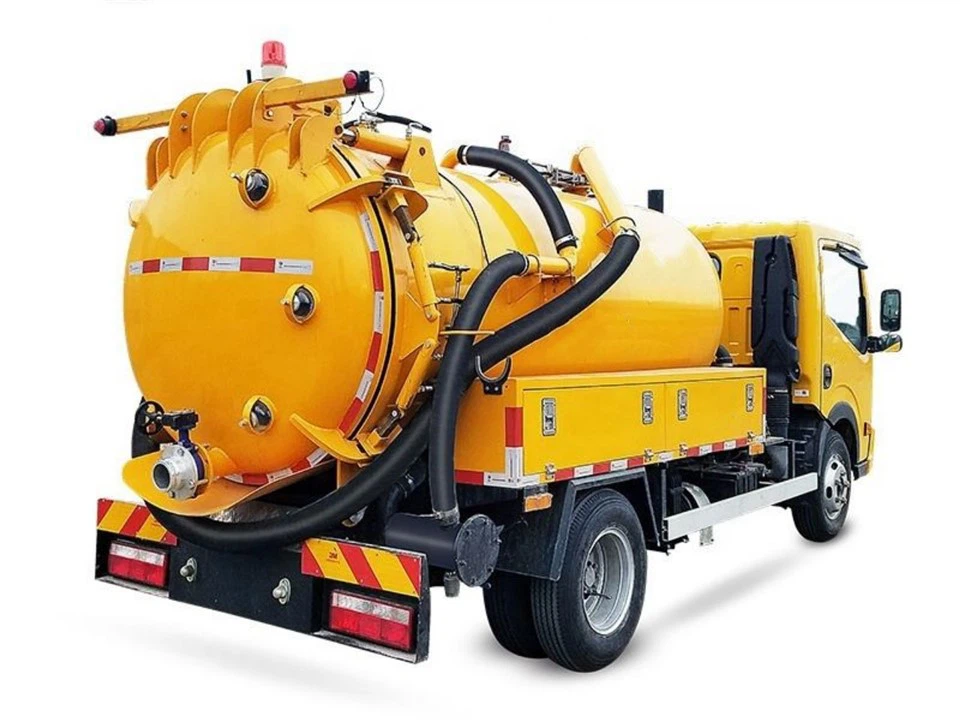
5. How do I determine the right size of a cement pump truck for my project?
Consider the volume of concrete needed, the height for pouring, and the accessibility of the site. Consulting with a professional can help make the right choice.
6. What maintenance should I expect for a cement pump truck?
Regular maintenance includes checking hydraulic systems, pump integrity, and routine inspections to ensure optimal operation. Keeping a maintenance log is essential.
